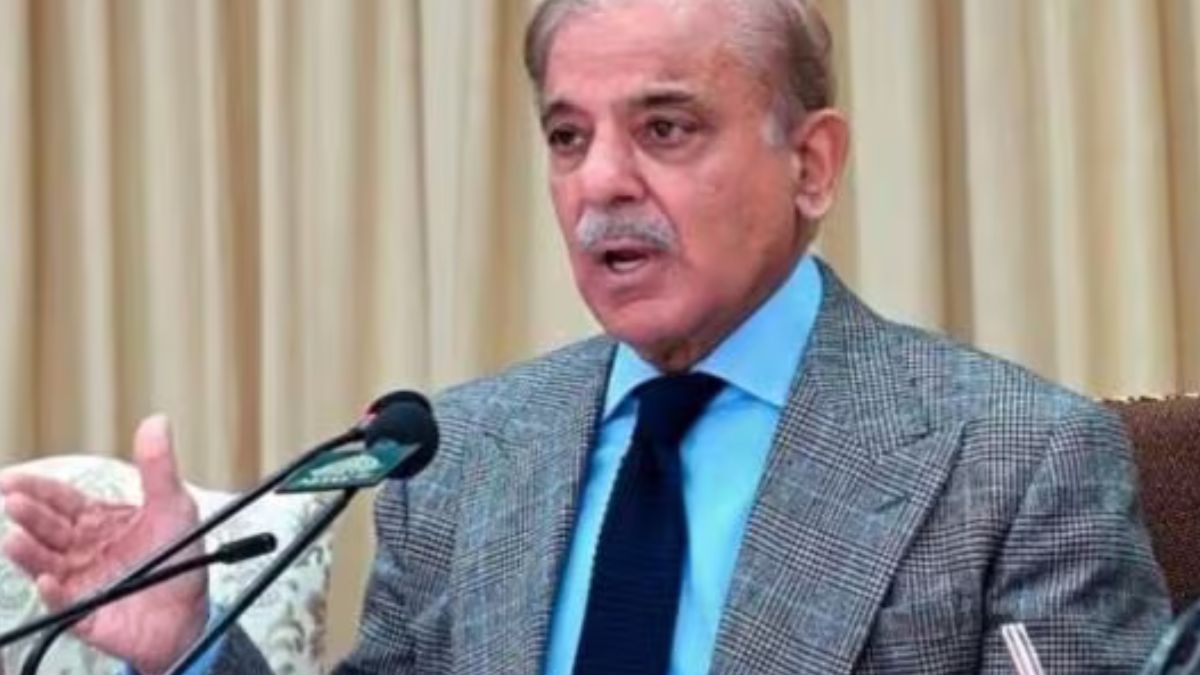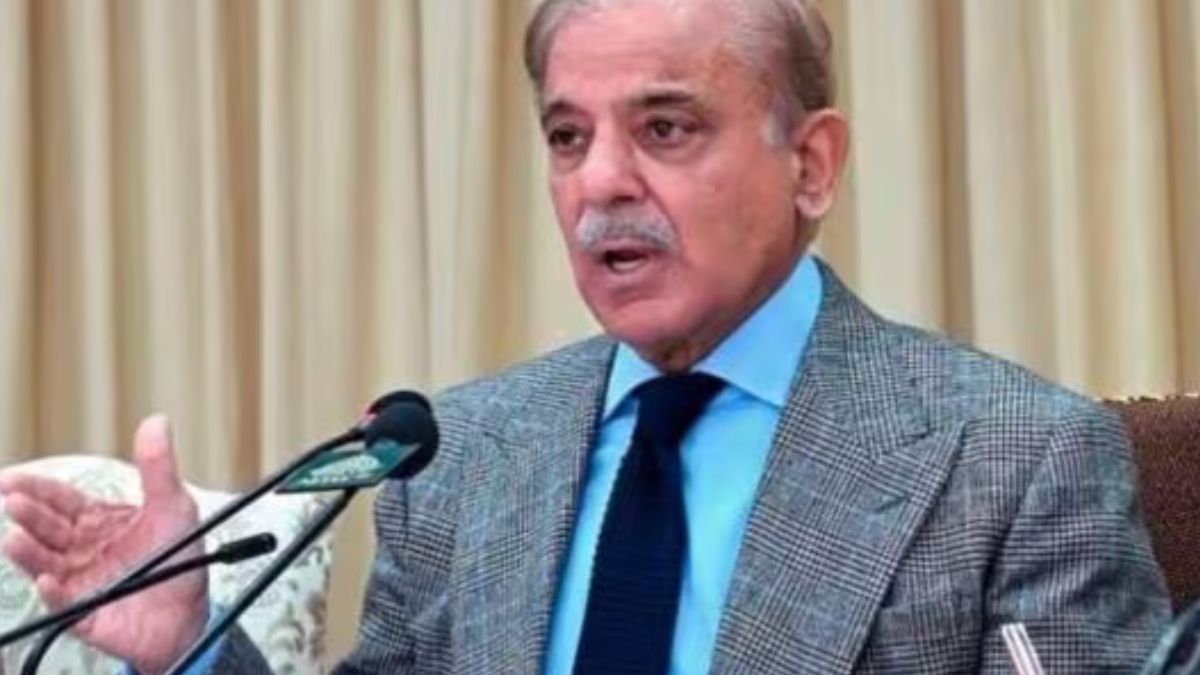A group of fedayeen militants dressed in military fatigues storms an army facility, catching the targets by surprise and inflicting heavy casualties.
This seems to be the recurring theme of recent times of terror operations spawning out of Pakistan, the latest being the attack on a police training academy in the southwestern city of Quetta.
At least 59 people were killed and more than 100 wounded when gunmen wearing suicide vests stormed a Pakistani police training academy took hostages, government officials said on Tuesday.
More than 200 police trainees were stationed at the facility when the attack occurred late on Monday, officials said. Some cadets were taken hostage during the attack, which lasted five hours. Most of the dead were police cadets.
Mir Sarfaraz Bugti, home minister of Baluchistan province, of which Quetta is the capital, said the gunmen attacked a dormitory inside the training facility while cadets rested and slept.
Most of the deaths were caused when two of the attackers blew themselves up. The third was shot dead by Frontier Corps (FC) troops. At least 120 people were injured, Dawn re ported .
No group immediately claimed responsibility for the attack, but one of the top military commanders in Baluchistan, General Sher Afgun, told media that calls intercepted between the attackers and their handlers suggested they were from the sectarian Sunni militant group, Lashkar-e-Jhangvi (LeJ).
In August, a suicide bombing at a Quetta hospital claimed by the Islamic State group and the Jamaat-ul-Ahrar faction of the Tehrik-e-Taliban Pakistan (TTP) killed 73 people, including many of the city’s lawyer community who had gone there to mourn the fatal shooting of a colleague.
Back in December 2014, in a similar fashion, Taliban insurgents storm an army-run school in Peshawar, killing 154 people, most of them children.
The massacre started when armed members of the TTP stormed the Army Public School in Peshawar killing over 140 people including more than 130 students. It was a seven-hour long siege that finally ended with the killing of all the terrorists by security forces.
In January this year, Pathankot Air Base in Punjab, India, was hit by five terrorists believed to be from Pakistan.
The militants stormed the base in the wee hours and the confrontation with the Indian army lasted for 15 hours after they breached a high-security security perimeter.The siege ended with the gunning down of the five terrorists.
The terrorists were reportedly members of Pakistan-based Jaish-e-Mohammad. The militants had hijacked a police officer’s car and driven it to the heavily guarded base — tactics used in earlier attacks by Pakistani-trained militants, reports the Business Standard.
An editorial in Pakistan’s Daily Times, quoted by IANS said, “On present trends at least, the post-Pathankot scenario has a chilling resemblance to post-Mumbai,” referring to the 2008 attack in Mumbai that left 166 people, including many foreigners, dead.
Punjab itself, in recent times, has become the new target of militant attacks in India. In late 2015, a police station in Gurdaspur was attacked in a similar manner.
The National Investigation Agency (NIA), in May, had said that wireless systems of the same kind were used in terror attacks which took place in Kathua, Samba and Pathankot.
Besides, modus operandi of the three attacks was same, convincing the NIA not to probe the three cases separately, reported Zee News .
In September this year, 19 soldiers and four militants were killed during an attack on an army camp in Jammu and Kashmir’s Uri town.
The militants broke into the base near the de facto border with Pakistan before dawn and lobbed grenades at tents and barracks housing soldiers, before opening fire with automatic weapons, the army said.
As militants adapt to these tactics with increasing efficiency, the defense establishments of the countries need to step up measures to counter the same.
With inputs from agencies


)




)
)
)
)
)
)
)
)